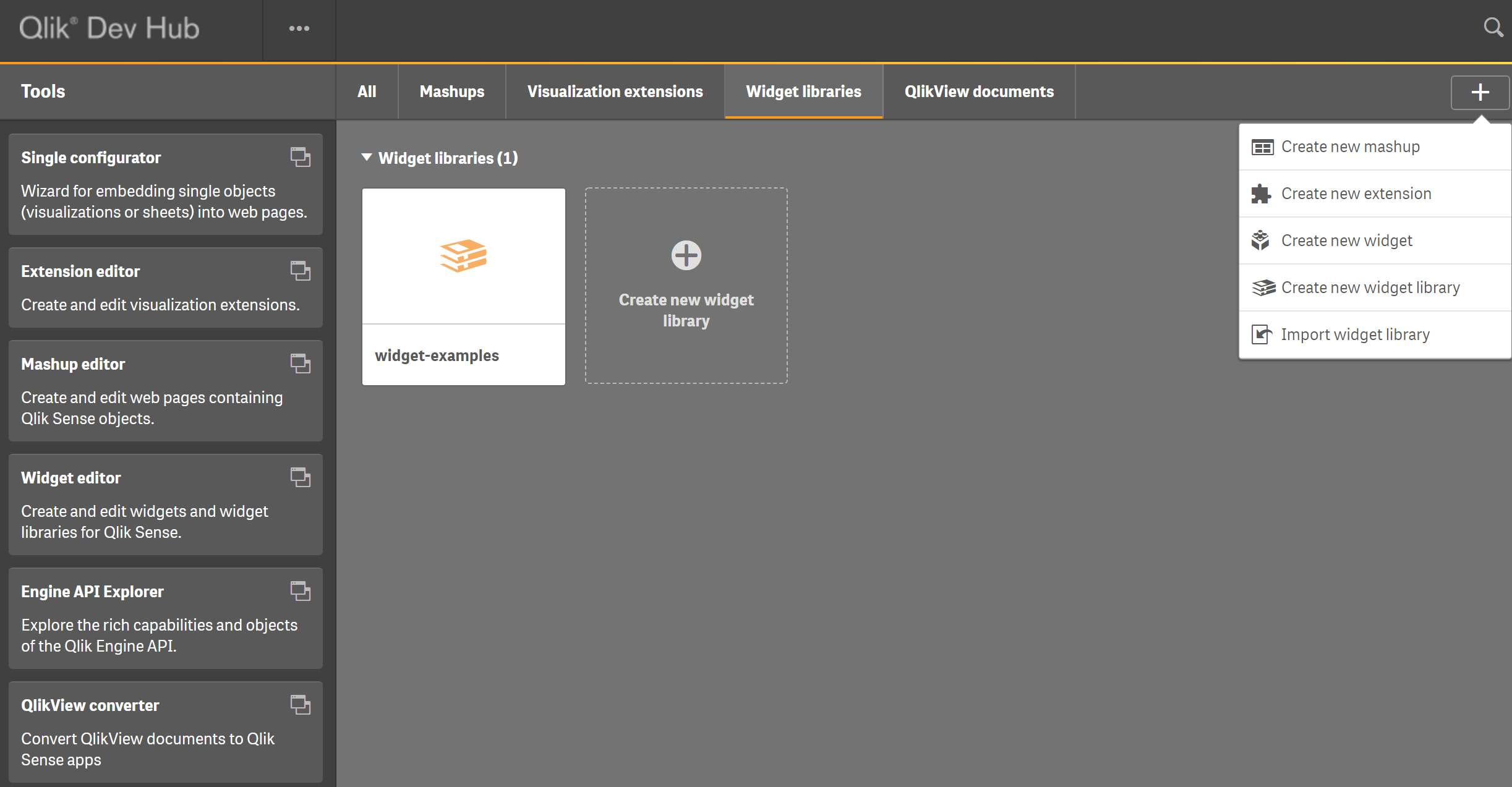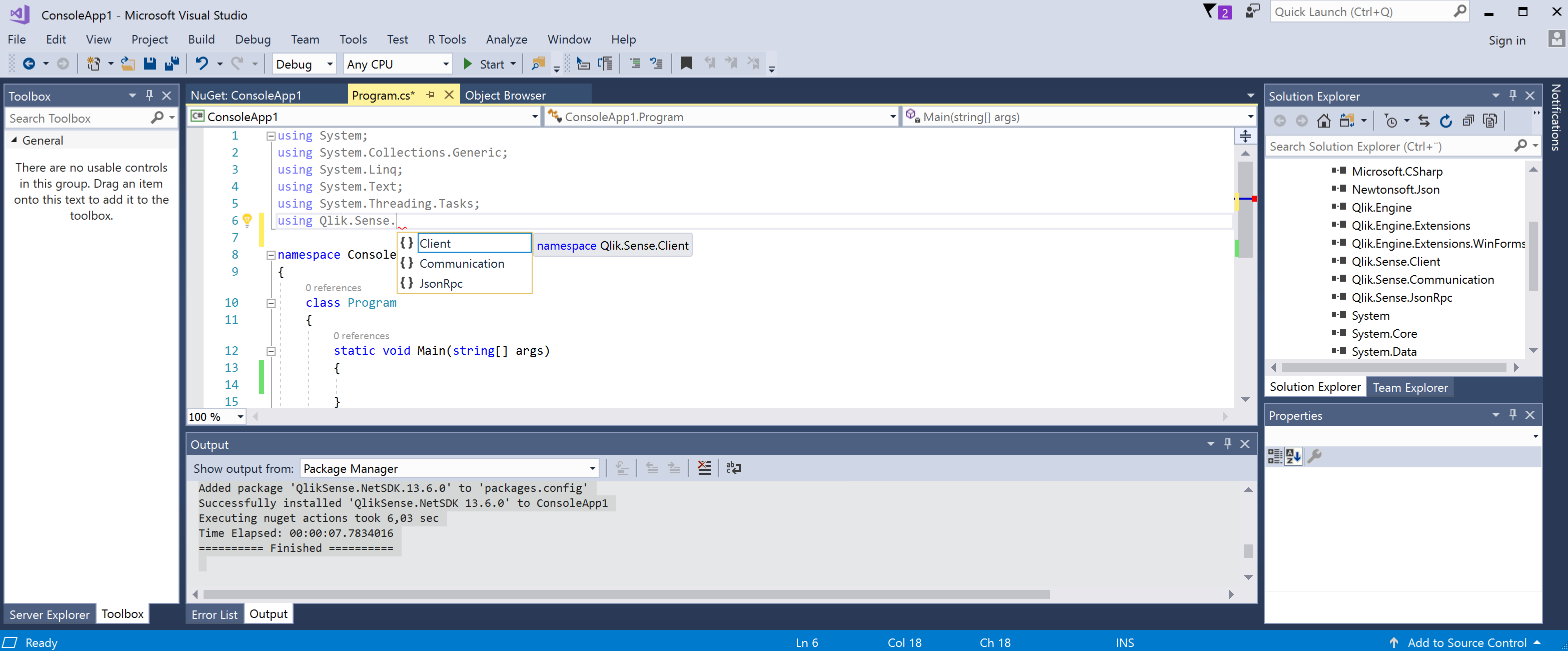Thank you for visiting Carlobi’s website. Carlobi AB is a small Swedish company based in Malmö, Sweden which I started last year. The website is still only in Swedish. My first product, a data connector to a cloud-based accounting system, is only for the Swedish market, and early work is mainly in Sweden, but I have the ambition to work throughout the European Union.
I choose to write my first blog in English since the community that uses Qlik is very international, and I may decide to change the language I use depending on the audience I wish to reach.
The primary focus of Carlobi AB is to provide expertise in the Qlik platform to build software products and data analysis solutions for companies and organizations that need to make decisions based on the analysis of their data sources. Since January 2018 Carlobi AB is a Qlik Technology partner.
I have worked with QlikView® since 1995 and was even employed at Qlik for 16 years in various roles including working as a Senior Consultant and as a Product Manager. Since leaving Qlik I find that QlikView® continues to live on with undiminished importance for many and Qlik® Sense continues to improve with new features and capabilities.
The latest version of Qlik® Sense I have worked with is the june 2018 release. I just recently upgraded a large installation to the june 2018 version for a customer in a multi-node environment. A new feature that stands out in the client is the Insight advisor. My first reaction was skepticism that the software will make the right logical choices for me. This reaction might come from an instinct of wanting to be in control, but I have to admit it is a cool feature and it takes self-service to a new level. It will be interesting to see how my customers use it, and if I am able to get used to it and become more productive, in the sense of building charts faster than before. There is another new feature which I find very useful in the client which is the ability to publish an app directly from your work area in the hub. This is ideal for some app developers or even stream admins. This action was previously only done from the management console.
Since my early days at Qlik I have enjoyed extending the product’s capabilities through the use of its open APIs. Some of my earliest work was building gauge charts and slider objects as replacement or custom objects before they existed as features in QlikView®. Another example was developing integrations between QlikView® and Geographic Information System using QlikView® OCX.
Although these types of integrations are still possible to do in QlikView they use rather old technologies like ActiveX. This is due to the fact that QlikView® has not undergone much new development since the appearance of Qlik® Sense. I would hope QlikView® is able to modernize some of its APIs as I still prefer QlikView® to Qlik® Sense for certain applications.
Qlik® Sense takes the concept of an open and extensible platform further. The toolkit called Dev Hub contains several of my favorite tools, all of which I use in my work. These include the single configurator, the extension editor, the mashup editor, the widget editor, the engine API explorer and the QlikView converter. Qlik has made it simple to build new data visualizations and embed content from Qlik into websites and this has resulted in a vibrant community that shares projects as open source and commercializes solutions.

The main challenge I face with extensions and mashups is they need to be validated with each new version of Qlik® Sense. Modern enterprises need to understand the cost and benefits of using add-ons like extensions in their Qlik environments and set up plans to keep their entire platform working as they upgrade and migrate apps to new versions. This can be achieved through internal dev-ops, acquiring the services of the open source authors or extension developers, using the services of a qualified Qlik partner, or purchasing extensions from software companies who provide support. Qlik has recently created the Trusted Extension Developer Program which will provide accreditation to extensions that are reviewed by Qlik and required by partners to be thoroughly tested and upgraded with new versions.
Another of my favorite tools is the .NET SDK. I find that with a tool like this you are only limited by the skill and imagination of the developer. The .NET SDK is available as a NuGet package.
(Using the QlikSense.NetSDK in Visual Studio)

https://www.nuget.org/packages/QlikSense.NetSDK/
The range of tools and APIs that can be used to extend the Qlik platform does not end here. In fact, I am working on new products and add-ons to Qlik and I will leave a description of that for another occasion
Cheers,
Ingemar
Malmö, September 2018